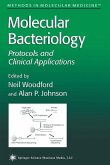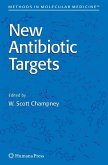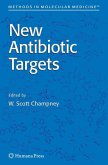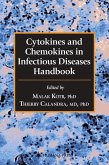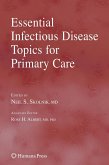As the second leading bacterial cause of community-acquired pneumonia, H. influenzae accounts for many thousands of deaths per year worldwide, and is a prime candidate for the identification of targets that can lead to the development of novel vaccines and antibiotics. In Haemophilus influenzae Protocols, leading research scientists and infectious disease specialists detail in a readily reproducible format the major molecular and immunological techniques for exploring the pathogenicity of this significant bacterium. Described with step-by-step instructions to ensure robust and successful experimental results, the techniques cover plasmid analysis, proteomics, genomics, DNA array technology, gene expression, mutagenesis (transposon and nontransposon), and structural analysis. The antibody techniques presented include IVIAT, ELISA, and opsonophagocytosis assays. Also included are reviews of the pathogenesis of NTHi and Hib, methods for working with the organism, culture and storageconditions, molecular diagnosis, and systems for exploring pathogenesis in both in vitro and animal models.
Comprehensive and highly practical, Haemophilus influenzae Protocols offers a unique collection of powerful molecular methods that illuminate not only how the bacterium causes disease, but also how best to develop much-needed new vaccines and antibiotics against it.
Comprehensive and highly practical, Haemophilus influenzae Protocols offers a unique collection of powerful molecular methods that illuminate not only how the bacterium causes disease, but also how best to develop much-needed new vaccines and antibiotics against it.
"This excellent book is recommended for investigators involved in laboratory research on H. influenzae from the beginning student to the experienced investigator. The book contains abundant, detailed protocols and practical tips that will be useful for all investigators." - Clinical Infectious Diseases "...an excellent source book and an inspiring reading." - International Journal of Medical Microbiology "In addition to detailed information provided in the individual chapters, the book is also valuable by providing an extensive list of 841 references....there are not many microbiological books of such high quality. The authors present highly specialized information in a comprehensible and friendly way." -Folia Microbioligica



